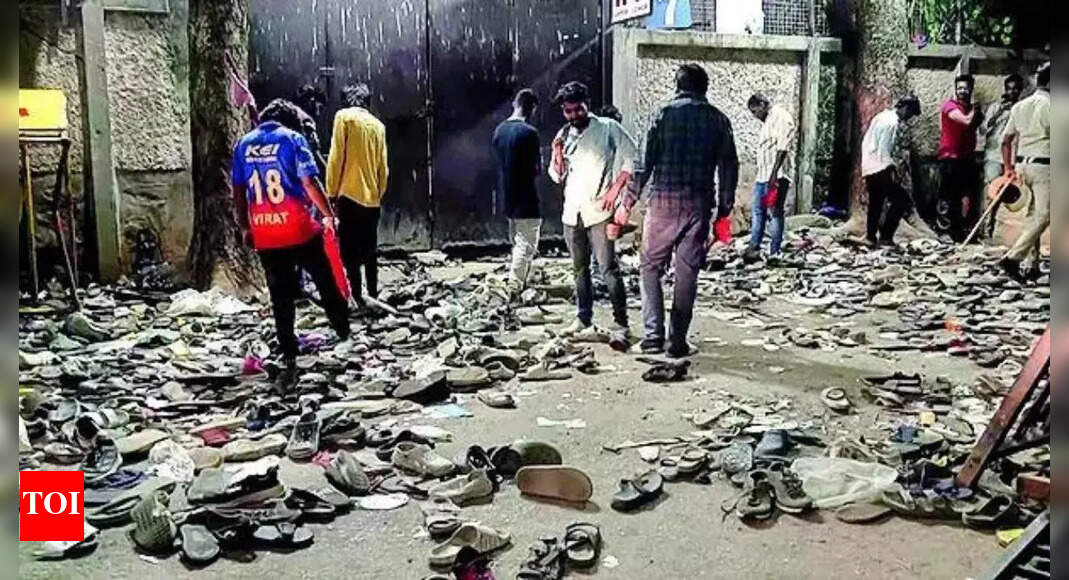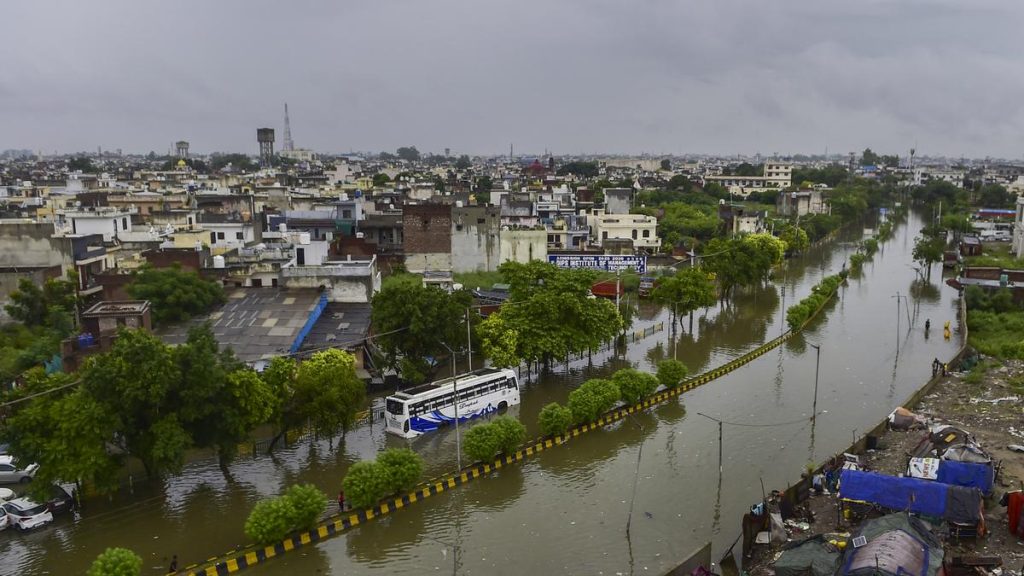Now Reading: CAT Overturns IG’s Suspension in RCB Stampede Case
-
01
CAT Overturns IG’s Suspension in RCB Stampede Case
CAT Overturns IG’s Suspension in RCB Stampede Case

Speedy Summary
- Incident: A stampede occurred outside Chinnaswamy Stadium, Bengaluru, on June 4 during an event associated with Royal Challengers Bengaluru (RCB).The tragedy resulted in the death of 11 fans.
- suspension Quashed: The Central Administrative Tribunal (CAT) revoked the suspension order of senior IPS officer Vikash Kumar Vikash and other officials issued by the state government following the stampede.
- Tribunal Observations:
– CAT deemed that RCB was “prima facie responsible” for the congregation of over three to five lakh people without obtaining police permission or making proper arrangements.
– Police personnel were said to be human and not capable of handling such spontaneous situations without adequate time and planning.
– Insufficient notice about the gathering hindered police preparedness.
- Government Response: CM Siddaramaiah stated there may be scope for appealing against CAT’s decision,indicating possible further legal action from state authorities.
Indian Opinion Analysis
The ruling by CAT highlights important implications for professional accountability during large-scale public events in India. By revoking suspensions placed on senior police officers following a tragic stampede, it brings into focus issues surrounding responsibility allocation between organizers and law enforcement agencies. While RCB’s lack of coordination with local authorities is emphasized as a critical oversight leading to overcrowding, CAT’s dismissal also underscores realistic limitations faced by police bodies when devoid of adequate notice or planning.
For India, this incident sheds light on wider systemic gaps in event approval processes involving law enforcement and other stakeholders. With high-profile gatherings increasingly associated with risks like overcrowding and mismanagement, enforcing stricter pre-event protocols may emerge as an essential corrective measure moving forward. additionally, this case serves as precedent for striking a balance between holding public servants accountable while recognizing practical constraints inherent in their roles.























